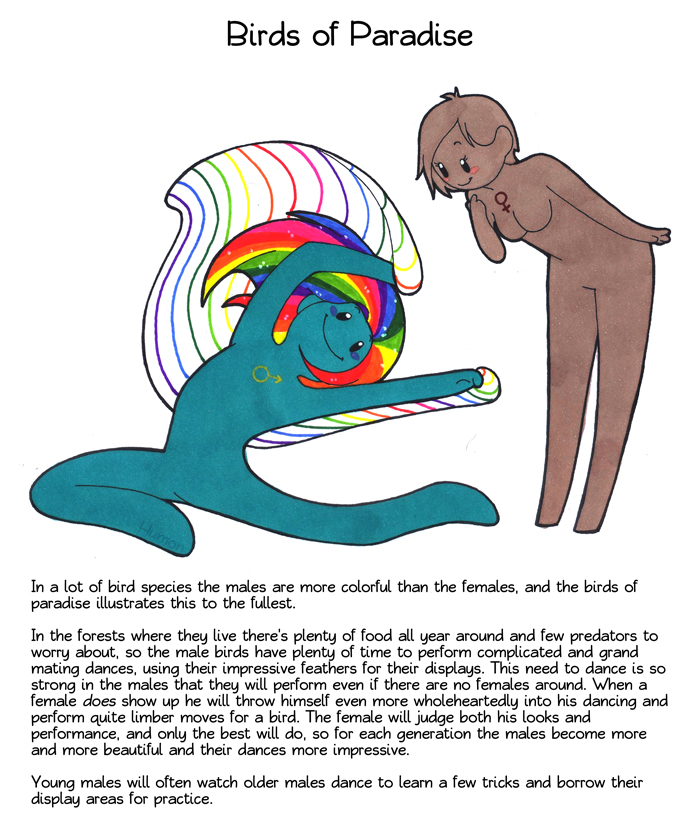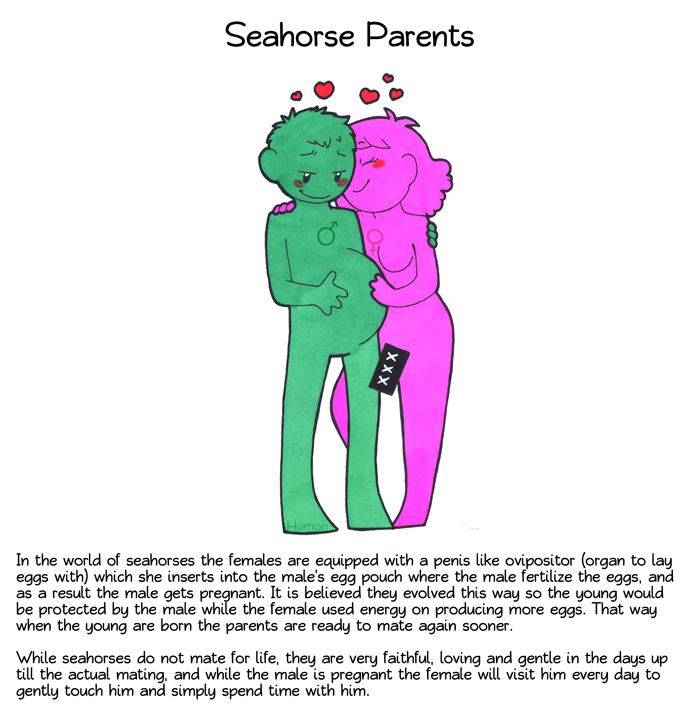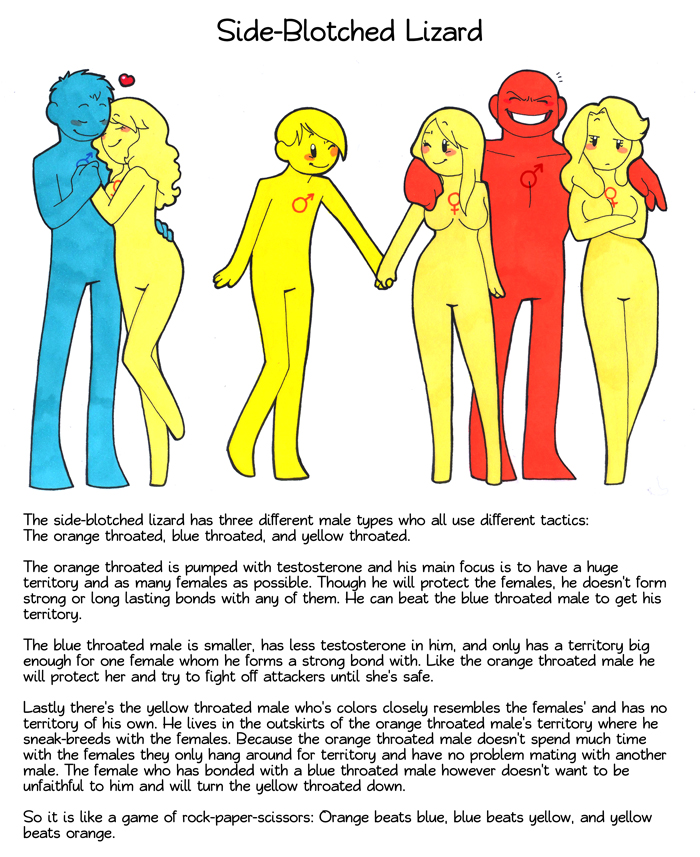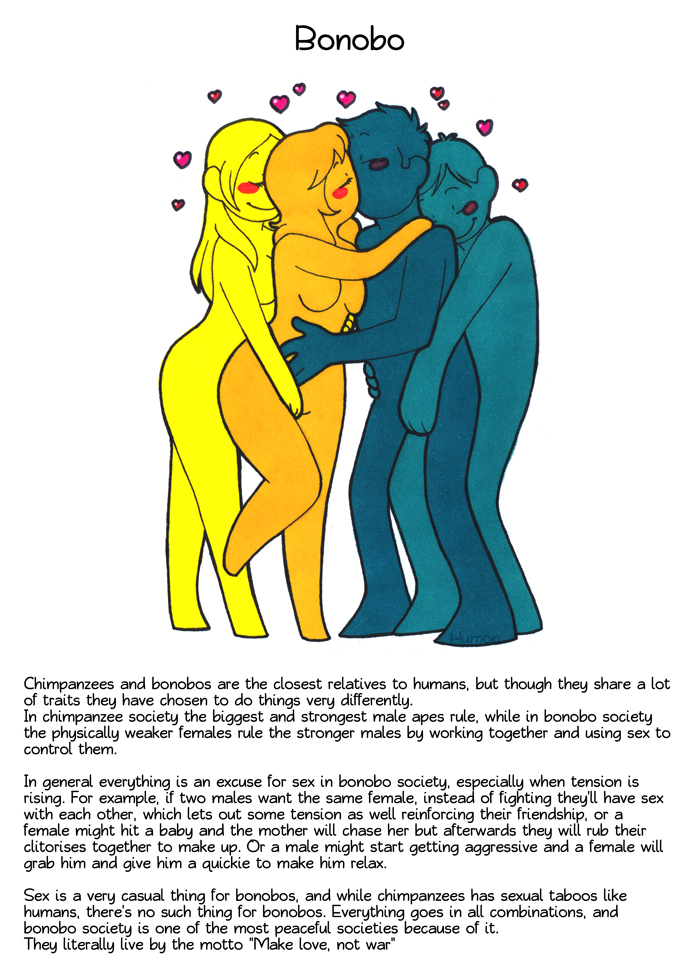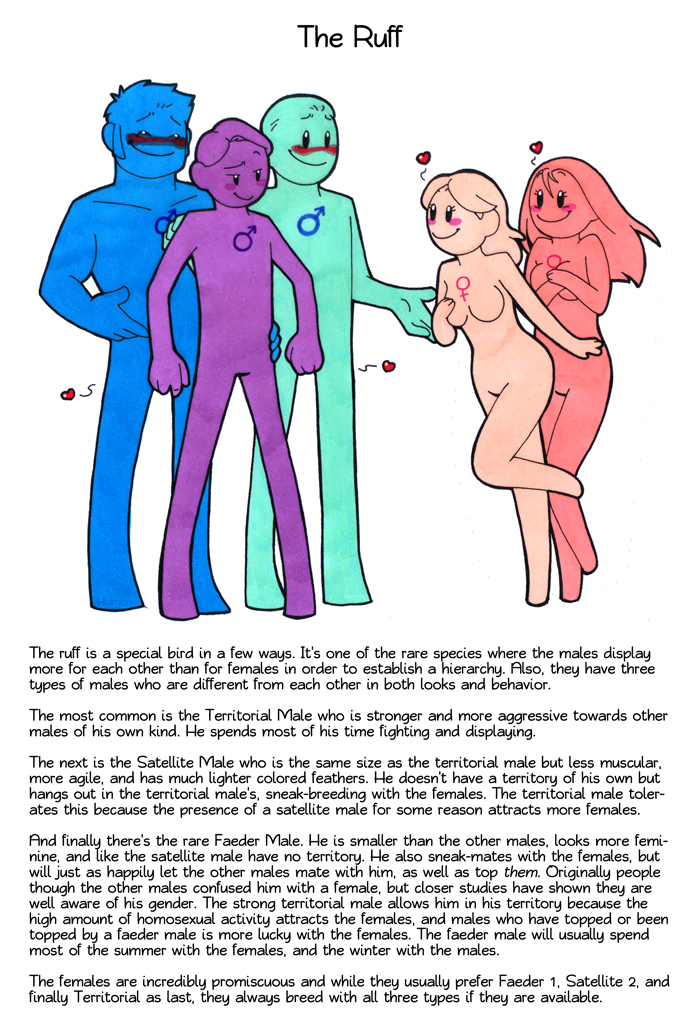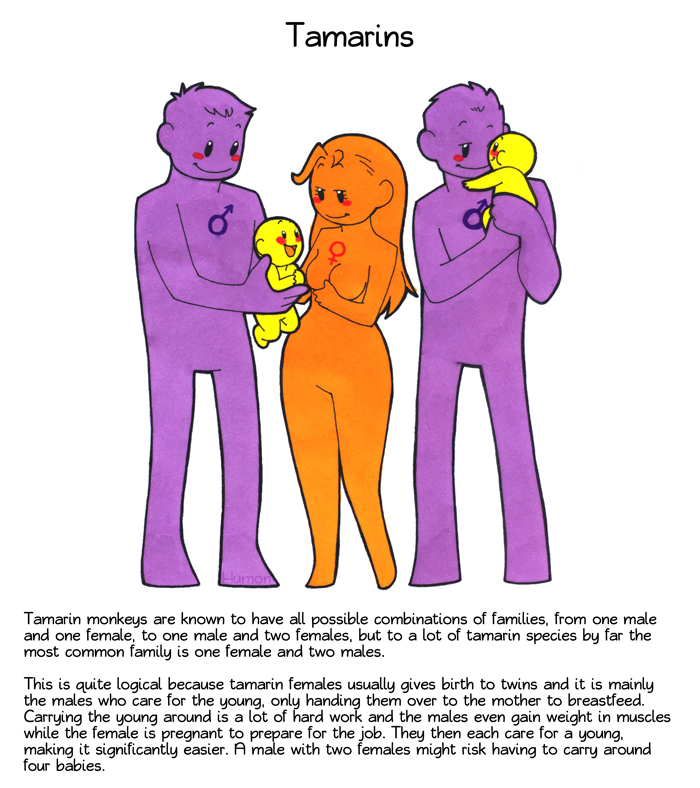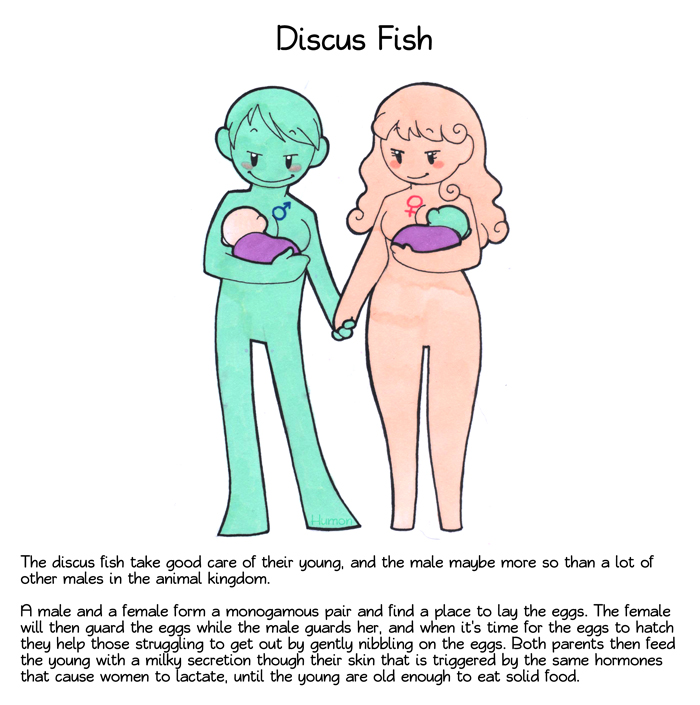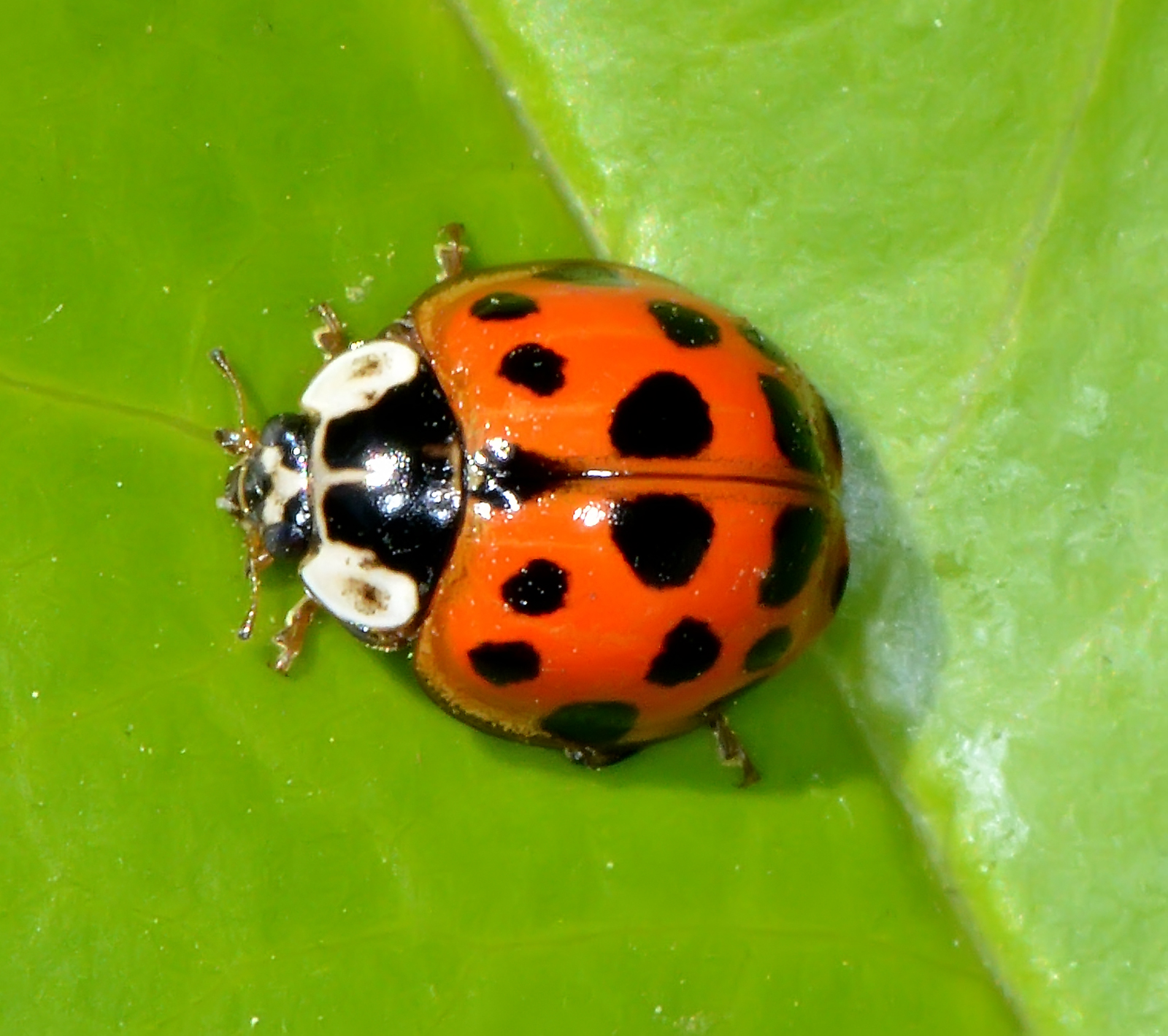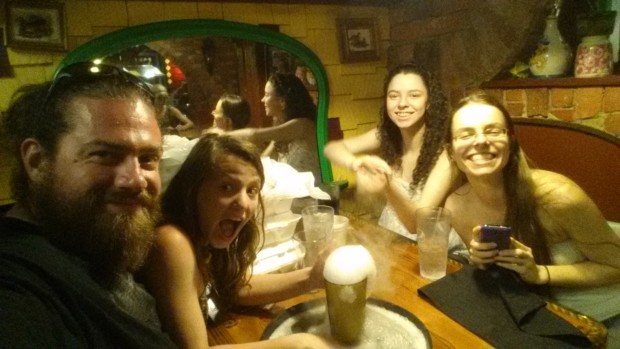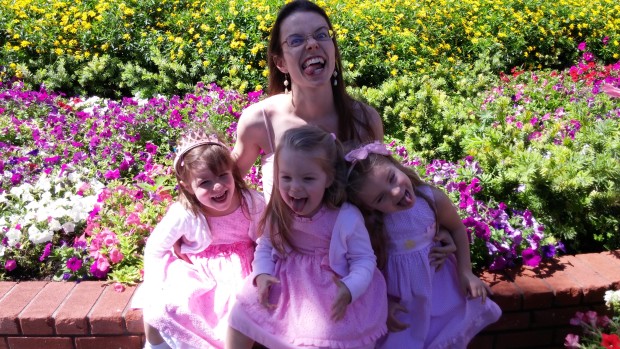When I came across this, my jaw dropped:
The Hadza certainly are egalitarian [...]. This does not mean that there are no individuals who would like to dominate others and have their way. It is simply difficult to boss others around. If a Hadza tries to tell others what to do, which does happen now and then, the others simply ignore it; if he or she persists, they just move to another camp. [...] Teenagers look up to adults and get along well with their elders. This is at least partly due to the fact that adults do not try to control them and rarely express strong opinions about whom they should marry. [...] The Hadza have very few taboos compared to most ethnic groups in Tanzania. [...] There are more norms than taboos.
[...] In 1911, Obst observed: "What I could find out about the [Hadza's] family life suggests that they treat each other more cordially than the surrounding Bantu families do. No father would sell his daughter to somebody if the girl does not love the man or had not made arrangements with him." [...]. This is still true today. Female choice appears to be the main factor influencing Hadza marriage. [...] Median age at first marriage is 21 years for men and 17 years for women [...].
[...] Occasionally, a Hadza woman marries a non-Hadza, moves away, and has a child with him. Very often, however, the woman eventually leaves her husband and returns to raise the child in a Hadza camp. This seems to be because Hadza women are too independent to put up with the sort of treatment they get from non-Hadza men. Hadza women have a good deal of independence and often speak their minds. But with non-Hadza men, they are looked down on, given orders, and more often beaten, so they want to leave and return to a Hadza camp. When Hadza women return to a Hadza camp, they do not experience any notable stigma, nor does a child with a non-Hadza father [...]. [...] Occasionally, non-Hadza men take up life in a Hadza camp with their Hadza wives, and these marriages are more enduring because the men treat their wives better; in fact, they begin to behave just like Hadza men.
Obst [...] said that a man could marry anyone other than his mother or sister and that one man even married his granddaughter. The Hadza, like people in most societies, say that it is not acceptable to marry anyone who is a parent, [offspring], sibling, grandparent, grandchild, uncle, aunt, nephew, or niece [...]. They usually say it is not good to marry first cousins [...]. However, as with the few other rules one can elicit from the Hadza, there is little to no enforcement. I know one man who married his niece. One man even married his sister. While other Hadza shake their heads and say it is not right, no one feels compelled to do anything about it. So even though these norms are well understood and recognized by all Hadza, there is simply no strong sentiment that others should enforce them. To a remarkable extent, individuals are free to do what they want.
[...] [W]ife beating appears to be fairly rare. [...] Rape of a Hadza woman by a Hadza man is extremely rare since the woman's family would not sit idly by [...].
- Frank Marlowe,
The Hadza Hunter-Gatherers of Tanzania
You have understand, this is a very widely read book. I keep reading in academic works about how consanguinamory doesn't happen, except in a few rare cases of GSA, and that no society except Egypt approved. I have so many questions about these couples, but Marlowe never deigned to write about them except for this single paragraph. Things like this make you wonder whether consanguinamory has been observed frequently, but simply goes unmentioned and unstudied.
I don't know if I believe the grandfather-granddaughter case, especially since Obst was only a German colonial official, and not the best ethnographer, but Marlowe is a much more reliable source, and his observations are recent. The Hadza aren't unusual among egalitarian cultures in how they do not enforce their "incest" norms. I wouldn't be surprised if a general disinterest in controlling other people's behavior, including when it comes to consanguinamory, goes all the way back to our earliest ancestors. Non-human animals don't enforce taboos against consanguinamory, and property-less hunter-gatherers across the board don't care much for controlling other people's behavior.
One of the things they illustrate is that one can have a society with almost total wealth equality, high equality between men and women, almost non-existent rape and murder, and an allowance for consenting adult relatives to form sexual relationships. The last is not mutually exclusive with the others. I have not been able to find any reports of pedophilia or familial rape among the Hadza either.
If this is what a society tolerant of consanguinamory looks like, what exactly are people afraid of?

